The Future Of Work: 5 Important Ways Jobs Will Change In The 4th Industrial Revolution
2 July 2021
In many respects, the future of work is already here. Amid the headlines exclaiming the predicted loss of jobs due to automation and other changes brought by artificial intelligence (AI), machine learning and autonomous systems, it’s clear that the way we work and live is transforming. This evolution can be unnerving. Since we know change is inevitable, let’s look at how work will likely change and some ideas for how to prepare for it.
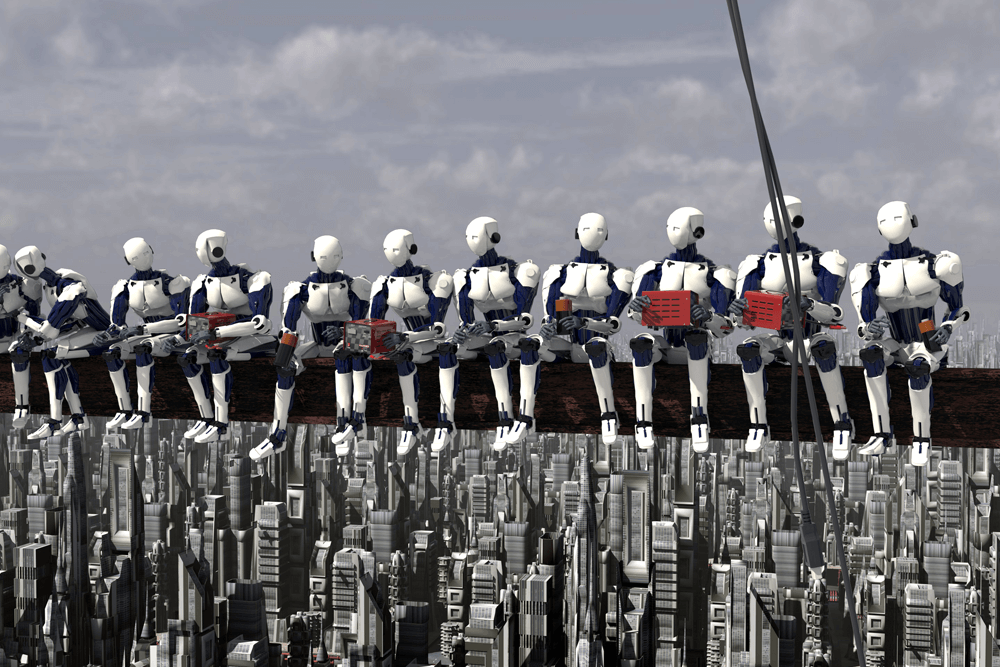
5 Ways Work Will Change in the Future
At least 30% of the activities associated with the majority of occupations in the United States could be automated, which includes even knowledge tasks that were previously thought to be safe according to a McKinsey Global Institute report. This echoes what executives see as well and prompted Rick Jensen, Chief Talent Officer at Intuit to say, “The workforce is changing massively.” Here are just a few of the ways:
1. Fluid gigs
Within an organisation, positions will be more fluid, and a strict organisational chart will likely be tossed in favour of more project-based teams. This is especially appealing to Generation Z employees since 75% of Generation Z employees would be interested in having multiple roles in one place of employment. The “gig” economy will continue to expand where professionals sign on as contractors or freelancers and then move on to the next gig.
2. Decentralised workforces
Thanks to mobile technology and readily available internet access, remote workers are already common. Employees won’t need to be in the same location. This will make it easier for the next generation workers to choose to live anywhere, rather than find a job and then move to a city with that job.
3. Motivation to work
People will need something more than a paycheck as a motivation to work. Many want to work for an organisation with a mission and purpose they believe in. They will also want different incentives such as personal development opportunities, the latest tech gadgets to facilitate their work-from-anywhere ambitions, and more.
4. Lifelong learning
Not only will employees want to learn throughout their career, but they will also need to learn new skills. Technology will continue to evolve the role humans play in the workforce, so everyone will be required to adapt their skills throughout their working lives.
5. Technology will augment human’s jobs
Artificial intelligence algorithms and intelligent machines will be co-workers to humans. The human workforce will need to develop a level of comfort and acceptance for how man and machine can collaborate using the best that both bring to the workplace.
How to Prepare for the Future of Work
Even though we can’t predict all the changes that will occur in the future, we do have a fair amount of certainty that there are some things people can do to prepare for it.
Rather than succumb to the doomsday predictions that “robots will take over all the jobs, ” a more optimistic outlook is one where humans get the opportunity to do work that demands their creativity, imagination, social and emotional intelligence, and passion.
Individuals will need to act and engage in lifelong learning, so they are adaptable when the changes happen. The lifespan for any given skill set is shrinking, so it will be imperative for individuals to continue to invest in acquiring new skills. The shift to lifelong learning needs to happen now because the changes are already happening.
In addition, employees will need to shape their own career path. Gone are the days when a career trajectory is outlined at one company with predictable climbs up the corporate ladder. Therefore, employees should pursue a diverse set of work experiences and take the initiative to shape their own career paths.
Individuals will need to step into the opportunity that pursuing your passion provides rather than shrink back to what had resulted in success in the past. This shift in work opens the possibility to achieve more of our potential. We need to begin to think of work as more than a paycheck.
Employers need to think differently about how they recruit and hire new employees. Companies need to review a prospective employee’s potential and assess skills that are less likely to be automated any time soon, including emotional intelligence, critical thinking, creativity, and problem-solving skills.
Related Articles
The 8 Biggest AI Trends For 2026 That Everyone Must Be Ready For Now
By now, “smart” versions exist of just about every home appliance, gadget and gizmos we can think of. However, manufacturers continue[...]
AI, Consciousness And Longevity: A Conversation With Deepak Chopra
By now, “smart” versions exist of just about every home appliance, gadget and gizmos we can think of. However, manufacturers continue[...]
AI Chatbots Are Quietly Creating A Privacy Nightmare
By now, “smart” versions exist of just about every home appliance, gadget and gizmos we can think of. However, manufacturers continue[...]
The Biggest Barriers Blocking Agentic AI Adoption
By now, “smart” versions exist of just about every home appliance, gadget and gizmos we can think of. However, manufacturers continue[...]
Space, AI, And The Future Of Human Potential
By now, “smart” versions exist of just about every home appliance, gadget and gizmos we can think of. However, manufacturers continue[...]
AI Agents Are About To Reshape The Future Of Business
By now, “smart” versions exist of just about every home appliance, gadget and gizmos we can think of. However, manufacturers continue[...]
Sign up to Stay in Touch!
Bernard Marr is a world-renowned futurist, influencer and thought leader in the fields of business and technology, with a passion for using technology for the good of humanity.
He is a best-selling author of over 20 books, writes a regular column for Forbes and advises and coaches many of the world’s best-known organisations.
He has a combined following of 4 million people across his social media channels and newsletters and was ranked by LinkedIn as one of the top 5 business influencers in the world.
Bernard’s latest book is ‘Generative AI in Practice’.






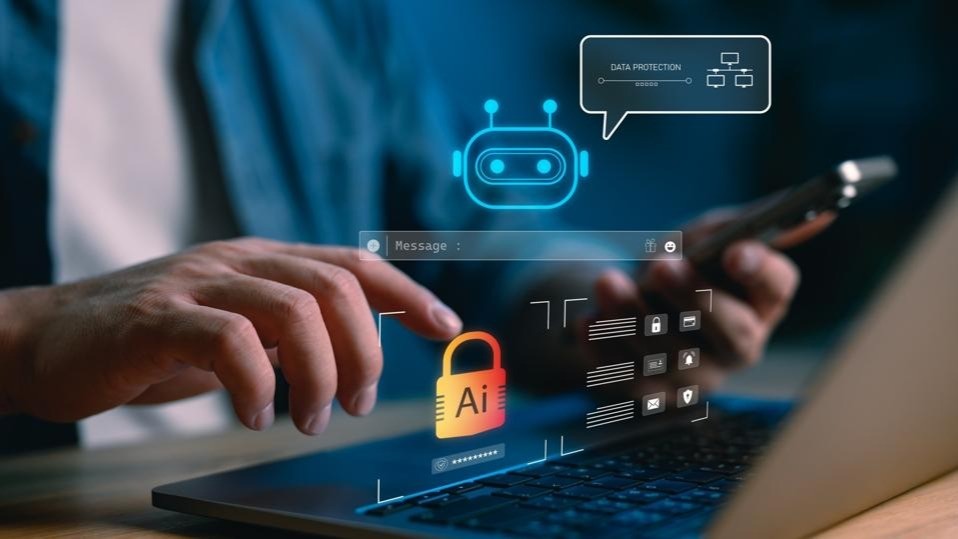
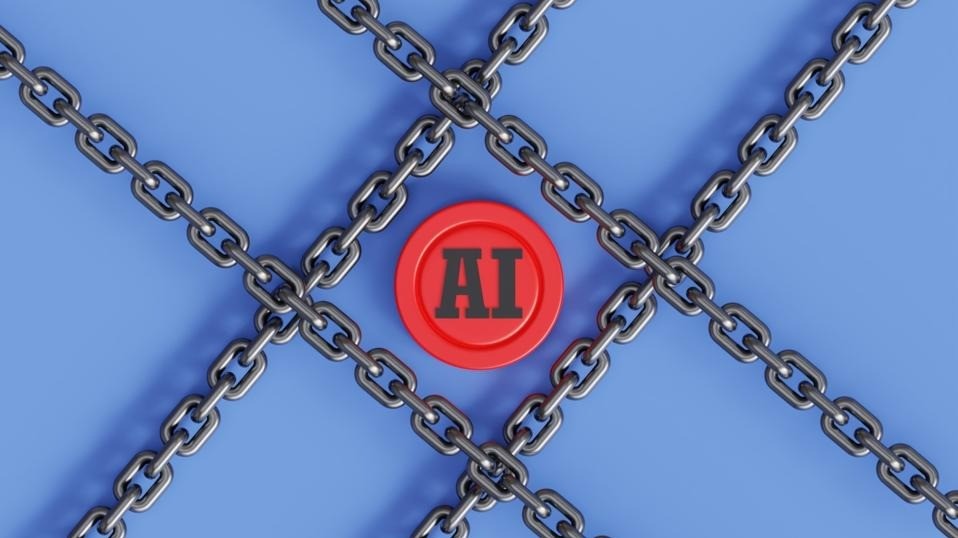
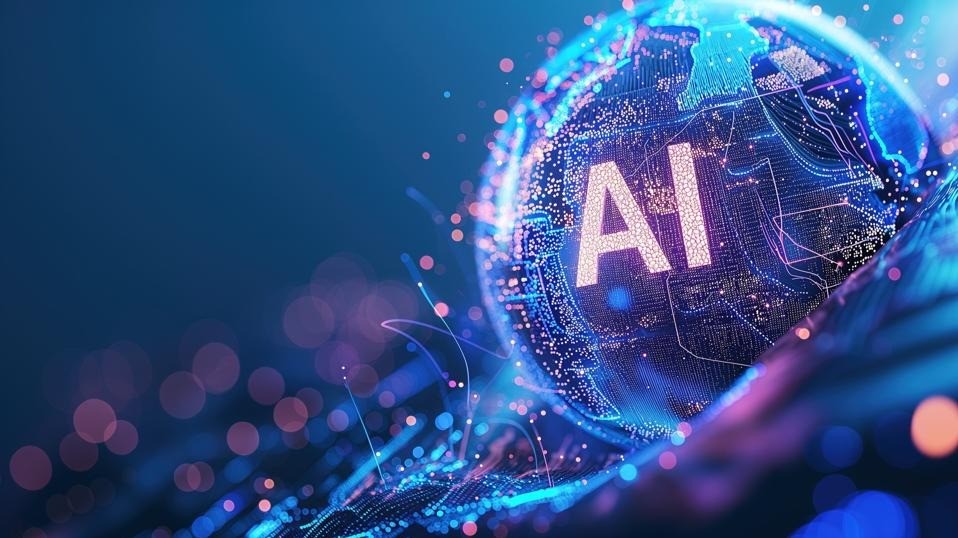
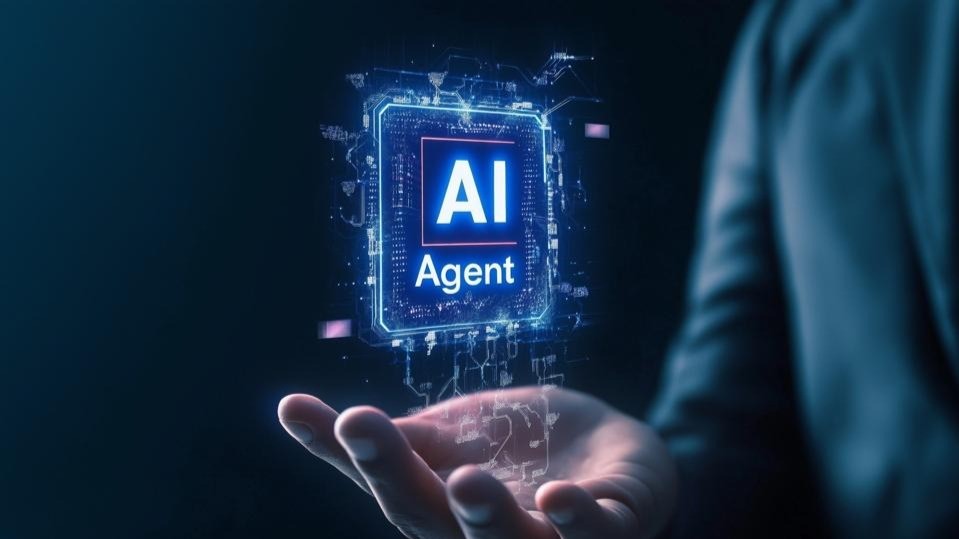
Social Media